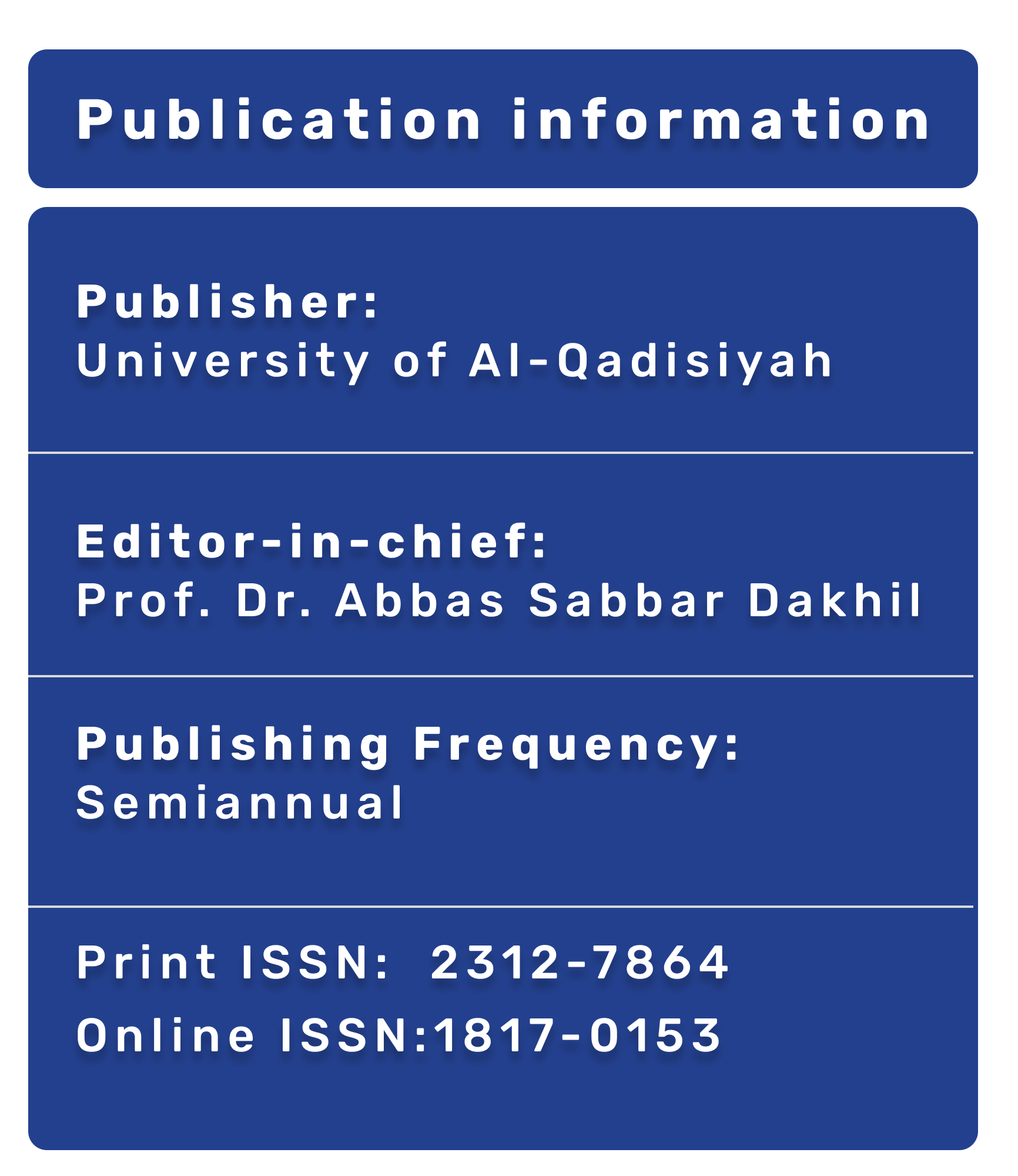The Degree Of Bother Of Nocturea On Quality Of Life In A Group From Al-Diwaniya Population
DOI:
https://doi.org/10.28922/qmj.2010.6.9.65-75الملخص
Background: Nocturia is common and disrupts sleep. Traditionally, one nightly episode has been regarded as clinically meaningless.Objective: To evaluate the bothersome effect of nocturia on health related quality of life (HRQoL) in a group from Al-Diwaniya population.
Patients and methods: In 2006–2008, a survey was made on a random sample of 600 patients aged 18–79 yr who were identifiedfrom Al-Diwaniya teaching hospital, proportion was 62% males and 38% were females).
Measurements: bother from nocturia on QoL were examined in relation to self-reported nocturia frequency (using the American Urological Association Symptom Score). Bother from nocturia was assessed on a four-point scale (none, small, moderate, major). Results and limitations: Degree of bother increased with nocturia frequency (p < 0.01). The most commonly cited degree of bother for
those with one, two, and three nightly voids was no bother, small bother, and moderate bother, respectively.
Conclusions: At least two voids per night are bothersome and associated with impaired HRQoL. The majority of people report having bothered when the number of nocturia episodes is two and moderate or major bother when the number is three or more. One void per night does not identify subjects with interference from nocturia and, thus, is not a suitable criterion for clinically relevant nocturia.








